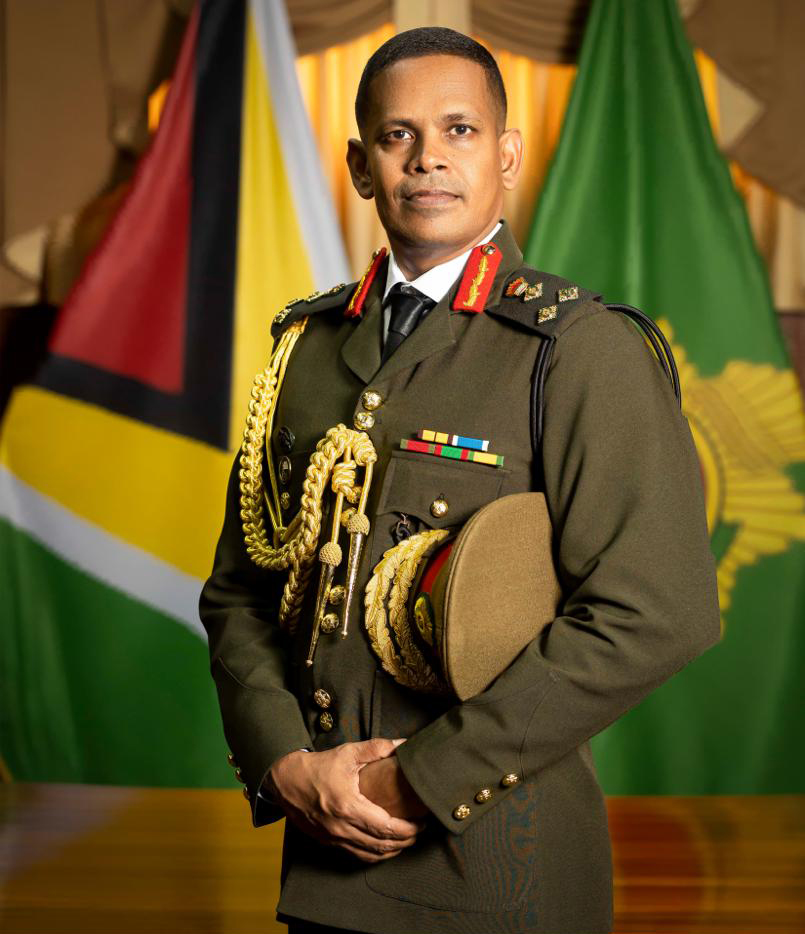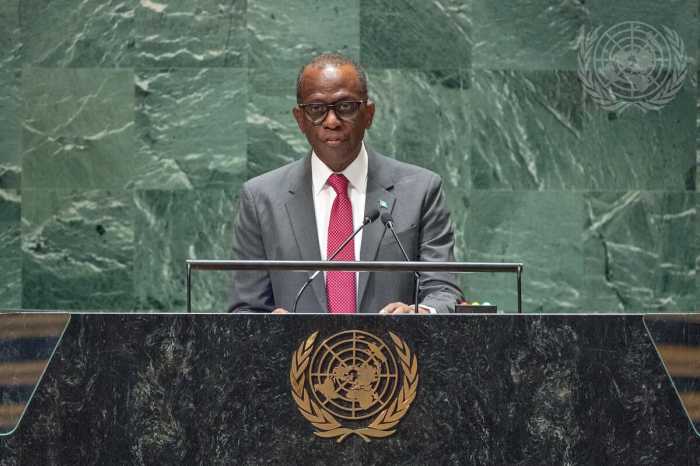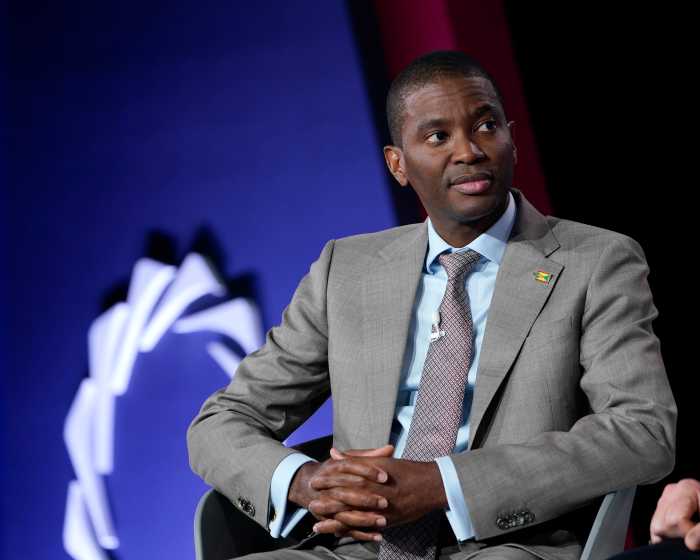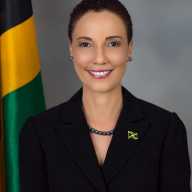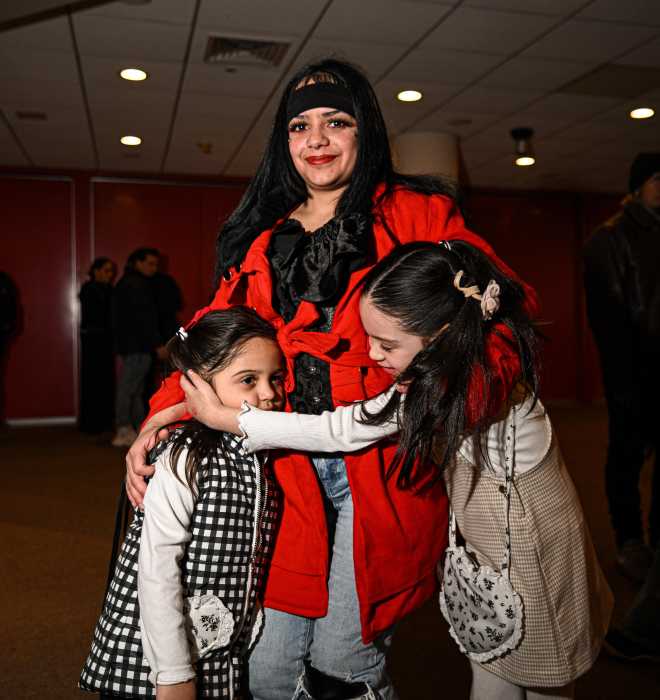Led by the Guyana defense and police forces, Guyanese authorities say they are moving to tighten monitoring systems for the thousands of Venezuelan migrants living in the country and for the dozens who cross into the country at various border points daily.
The announcement from Defense Chief of Staff Brig. Gen. Omar Khan has come amid increasing concern among Guyanese, opposition leaders, and civil society about the exact reason for the growing Venezuelan population in Guyana. At the same time, Venezuela continues to threaten Guyana with the military annexation of two-thirds of its land mass, claiming that the western Essequibo region belongs to it.
The two nations have been feuding about ownership of the mineral and oil-rich region for nearly a century, and the matter is before the World Court in The Netherlands for a once-and-for-all settlement.
Venezuela has vowed not to recognize or acknowledge any ruling by the court, preferring direct talks with Guyana. The announcement of Guyana has shunned such overtures.
In recent years, Venezuela has sent gunboats into Guyana’s territory and recently approved the annexation of the area in a late 2023 referendum.
In a special broadcast this week, Gen. Khan said that authorities are heading in a new direction as far as migrants are concerned.
“We have implemented strong security measures on vetting, processing, and documenting all Venezuelan migrants. This is another example in which not only the force is involved, but as a multi-agency approach, again, the police force, the ministry of health, the local government authorities, the regional authorities, everyone is on board whenever we have the interception of Venezuelan migrants.”
Opposition parties have called on the government to set up broad-based nonpartisan structures to deal with this pressing national issue, contending that the situation is spiraling out of the government’s control with migrants living in almost every populated community in Guyana.
“While Guyana is approaching this with compassion, we are committed to safe borders and the protection of our borders. That is why we have implemented strong security measures on vetting, processing, and documenting all Venezuelan migrants,” he said.
Following the special broadcast, Professor Mark Kirton (PHD), Director of the Center for International and Border Studies, called for a much more structured approach to deal with the migrants, making it clear that some are more than likely official Venezuelan state actors.
“The government does not have a structured migrant management program. We need a skills assessment and skills database to be established, especially since you may have someone in our midst who can add skills to the developmental process. The UN Human Rights Agency must have a template that Guyana can use, but we ought to be very concerned about the number of migrants here – some, say, between 60,000-100,000. Point to note is that they are in every single region of the country, so you have to have a proper monitoring mechanism for these migrants,” he told this publication on Wednesday.


